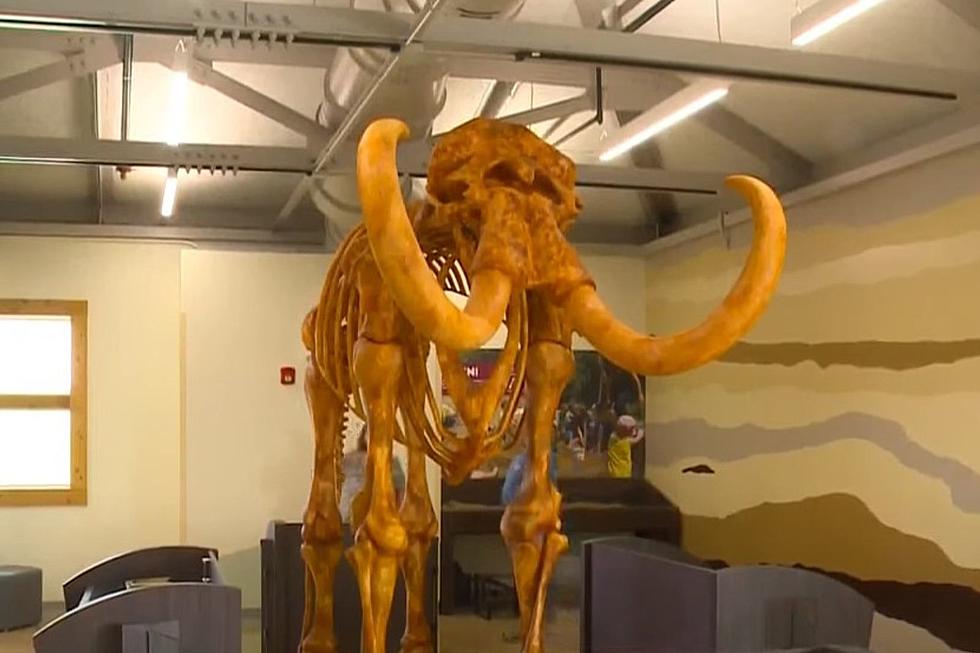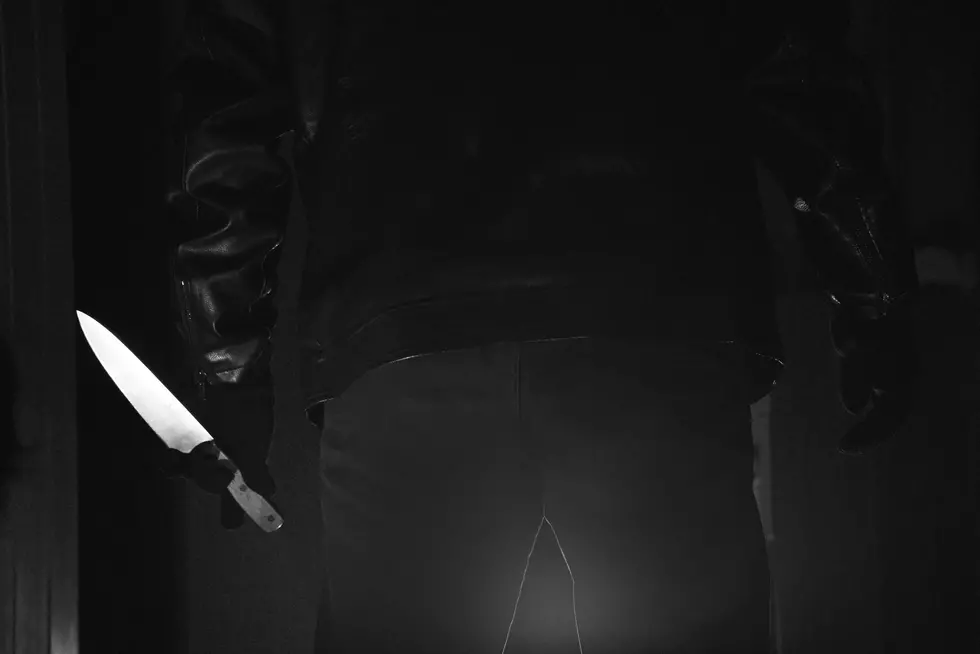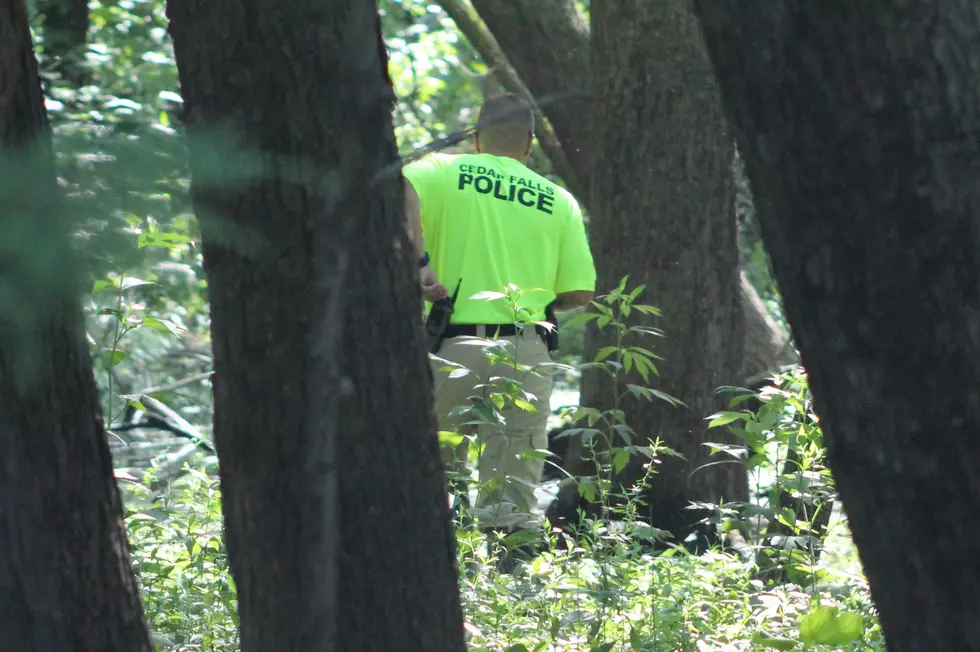
Veterans Day: How Iowa Contributed to the World War II Effort
A couple weeks ago, I wrote about Iowa State University's direct influence on the end of World War II. On this Veterans Day of 2021, it's all the more important to remember the many other ways our home state contributed to the nationwide war effort.
Following the draft, 262,638 men and women from Iowa were selected and served in a branch of the military -- this being the first war in American history where women could serve on active duty. Iowapbs.org adds the following:
The Women's Army Auxiliary Corp (WAAC), the Women Air Force Service Pilots (WASPS) and the Women Accepted for Volunteer Emergency Service (WAVES) were three branches of service for women. The major training center for the WAAC (later called the Women's Army Corp) was at Fort Des Moines.
While the young men and women served overseas, the home front devoted themselves to the war struggle in every way possible.
The site continues:
With the aid of mechanized farm implements and hybrid seed corn, production reached levels undreamed of previously. In 1940 there were 212,318 farms in Iowa with a production value of $561,836,688. In 1945 there were 208,934 farms in Iowa, with a production value of $1,232,010,705.
Factories in the Hawkeye State converted to aiding the effort as well. Solar Aircraft in Des Moines, the John Deere plant in Ankeny, and the Army Ordinance Plant in West Burlington were a few of the many that shifted their focus of production
Due to the shortage of men, women left their homes in droves for one of the first times in our country's history, filling the massive absence in the work force -- including in the aforementioned factories.
Believe it or not, prisoner of war (POW) camps were established in Iowa as well. Iowa PBS continues:
There were major camps in Clarinda and Algona, and a smaller camp in Eldora. Both German and Italian prisoners of war were held in these camps. They performed farm labor for area farmers. In the Algona camp one of the prisoners carved a Nativity Scene that is preserved and exhibited each Christmas season.
At the end of the war, 8,398 of the 226,638 men and women from Iowa who served were killed in action.
Those who did return came back to a completely different world. Iowa PBS finishes with this:
Women did all kinds of work, urban jobs outnumbered farm jobs, and a federal program called the "GI Bill" allowed veterans to attend college at government expense. Thousands of Iowa veterans received college degrees as a result of this program.
Cedar Memorial's Memorial Day Weekend Avenue of Flags
Brett Michaels Honors Veterans on 'Monday Night Football'
More From 97.7 KCRR


![Have You Ever Seen This Urban Legend In Iowa? [VIDEO]](http://townsquare.media/site/726/files/2023/09/attachment-Untitled-design-2023-09-20T110005.389.jpg?w=980&q=75)


![A Look Back to When Lions Lived at Brucemore in Cedar Rapids [PHOTOS]](http://townsquare.media/site/675/files/2022/11/attachment-Howard-and-Leo-feature-coat.jpg?w=980&q=75)



